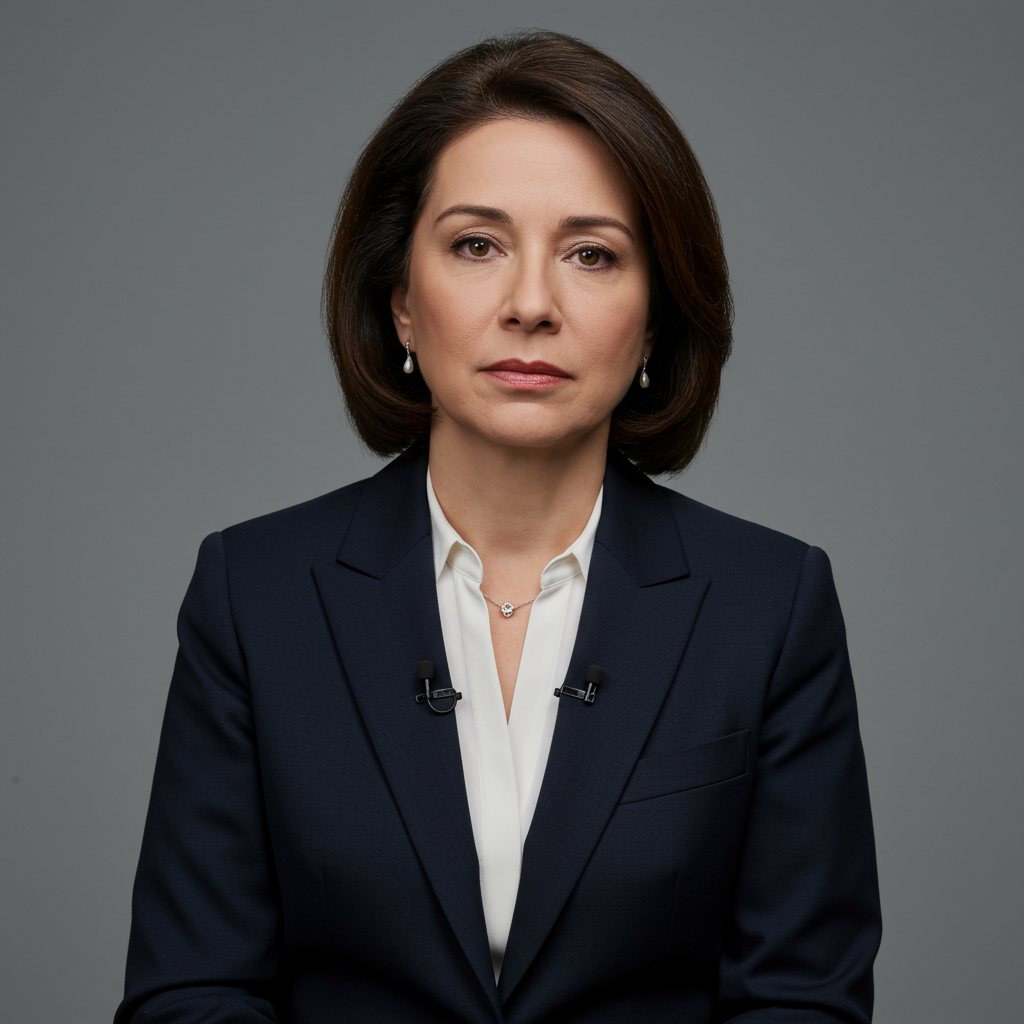Former President Donald Trump has publicly called for an end to the escalating conflict between Israel and Iran, expressing his views following recent high-level discussions, including a phone call with Russian President Vladimir Putin. His statement underscores growing international concern over the intensified military confrontation in the Middle East.
Trump’s Call for Peace
Speaking on his Truth Social platform, President Trump revealed that during a lengthy call with President Putin, which also included birthday wishes for Trump, the conversation heavily focused on the situation in the Middle East. “He feels, as do I, this war in Israel-Iran should end,” Trump stated, adding that he conveyed a similar sentiment regarding Russia’s conflict.
This call for de-escalation came swiftly after Israel launched strikes targeting Iran, which were then met with Iranian retaliation. The rapid exchange of fire highlights the volatility of the current state of affairs and the potential for the conflict to broaden.
Deepening Conflict and its Impact
The recent period has marked a significant intensification of hostilities. Israeli strikes have targeted key Iranian infrastructure, including defense ministries, military leadership, and sites reportedly linked to Iran’s nuclear program, such as facilities at Natanz and Isfahan. These operations aim to set back Iran’s nuclear capabilities, though highly fortified sites like Fordow reportedly remain untouched.
Iran has responded with missile and drone barrages against Israel. These attacks have reached Israeli residential areas, causing casualties and damage, including a devastating strike on a residential building in Bat Yam and hits on infrastructure in cities like Tel Aviv and Haifa. The human cost of the conflict has been tragically evident, with reported deaths and injuries on both sides.
Conditions within Iran, particularly in Tehran, have been described as tense, with explosions heard, air defenses activated, and residents seeking shelter.
Diplomatic Paths Stalled
Amidst the violence, potential diplomatic avenues appear to have been disrupted. Nuclear talks between the U.S. and Iran, previously scheduled to resume in Oman, were cancelled following the Israeli attacks. This cancellation occurred despite the Trump administration’s stated readiness, conveyed via envoy Steve Witkoff, to continue negotiations.
Trump himself has previously expressed a belief that a deal with Iran is possible and has cautioned against military action that could jeopardize such negotiations. The current crisis serves as a critical test case for Trump’s broader strategy of potentially leveraging relationships with global powers like Russia to address international crises.
International Reactions and Warnings
Beyond Trump’s call for an end to fighting, there have been strong reactions from both involved parties. Israeli Prime Minister Benjamin Netanyahu has vowed a heavy price for Iranian attacks, while Iranian President Masoud Pezeshkian has threatened a more severe response if Israeli actions continue.
The United States, under President Trump, has disavowed involvement in specific Israeli strikes but has issued stern warnings to Iran, stating that any attack on U.S. assets would be met with the “full strength” of the U.S. military.
The escalating nature of the conflict and the disruption of diplomatic channels underscore the complex challenges facing leaders aiming to de-escalate tensions and prevent further bloodshed in the region.

